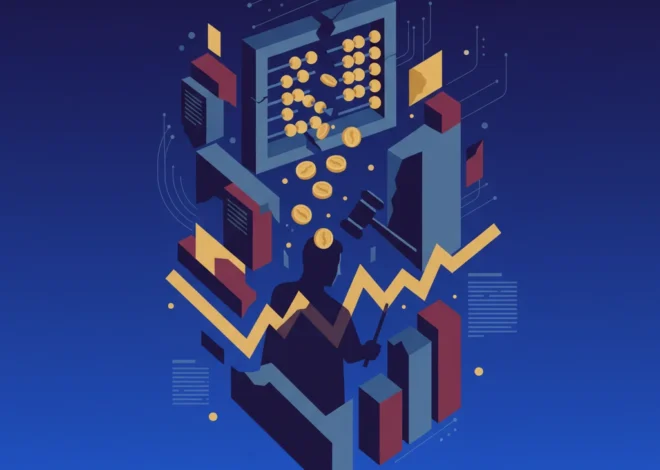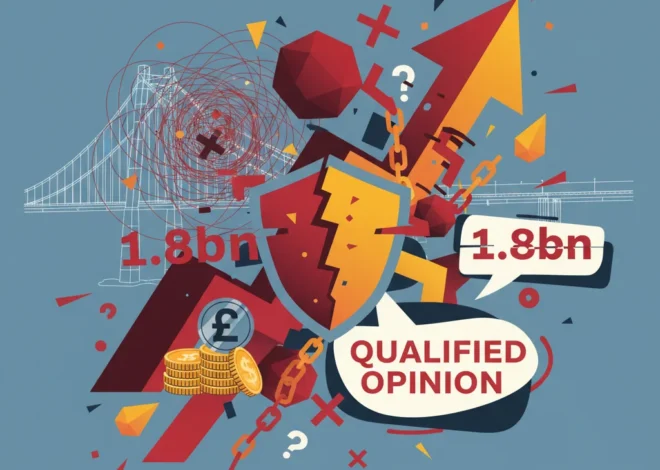The $56 Billion Question: Is Elon Musk’s Pay Package a Genius Incentive or a Corporate Governance Crisis?
It’s a number so large it almost feels like a typo: $56 billion. That’s the value of the compensation package Tesla is asking its shareholders to re-approve for CEO Elon Musk. This isn’t just another line item in a quarterly report; it’s a high-stakes corporate drama that pits visionary leadership against governance principles, and forces us to ask a fundamental question: What is the true value of a transformative leader in an era of unprecedented technological innovation?
The vote, scheduled for Tesla’s annual general meeting, is more than a referendum on one man’s paycheck. It’s a battle for the soul of the company. Is Tesla a car manufacturer that’s had a good run, or is it, as Musk and the board insist, a revolutionary artificial intelligence and robotics company on the verge of redefining human existence? The answer to that question, and the outcome of this vote, will have ripple effects across the tech industry, from fledgling startups to established giants.
The Deal of the Century: A Look Back at the 2018 Plan
To understand the current controversy, we need to rewind to 2018. Back then, Tesla was in a precarious position. The Model 3 was in “production hell,” and many analysts were predicting the company’s demise. In this climate of uncertainty, Tesla’s board proposed a radical, all-or-nothing performance award for Musk. It was a 10-year plan with no salary or cash bonuses, tying his compensation directly to the company’s success through a series of incredibly ambitious milestones.
The plan was designed to be almost impossible to achieve. It required Tesla’s market capitalization to grow from about $59 billion to $650 billion, alongside massive increases in revenue and adjusted earnings. If Musk failed, he would get nothing. If he succeeded, he would unlock 12 tranches of stock options, now valued at a staggering $56 billion. Against all odds, he did it. Tesla’s market cap soared, exceeding all 12 targets and making it one of the most valuable companies in the world.
To put the scale of this achievement in perspective, here’s a breakdown of the monumental goals Musk had to meet:
| Milestone Category | 2018 Starting Point | Final Target | Status |
|---|---|---|---|
| Market Capitalization | ~$59 Billion | $650 Billion | Achieved & Surpassed |
| Revenue | $20 Billion | $175 Billion | Achieved & Surpassed |
| Adjusted EBITDA | $2 Billion | $14 Billion | Achieved & Surpassed |
Shareholders who approved this plan in 2018 were rewarded handsomely. But a Delaware court threw a wrench in the works earlier this year, voiding the package. The judge ruled that the process was “deeply flawed” because Musk effectively controlled the board, meaning the deal wasn’t negotiated at arm’s length. This decision has forced Tesla to put the package to a second vote, asking shareholders to essentially overrule the court.
Amazon's Paradox: Why 14,000 Layoffs Are Fueling the Next AI Gold Rush
The Case For: “A Deal is a Deal” and the Future of AI
Tesla’s board, led by Chair Robyn Denholm, is lobbying fiercely for a “yes” vote. Their argument rests on two core pillars: fairness and future innovation.
First, the fairness argument: A deal is a deal. In 2018, 73% of voting shareholders agreed to the terms. Musk held up his end of the bargain, delivering returns that were once considered fantasy. To retroactively deny him the reward, they argue, is not only unfair but also sends a terrible message about honoring commitments. It punishes risk-taking and success, the very engines that drive Silicon Valley.
The second, and perhaps more critical, argument is about the future. The board is framing this vote as essential to keeping Musk motivated and focused on Tesla’s next chapter. This chapter isn’t just about building more cars; it’s about pioneering autonomous driving, humanoid robots, and the complex software ecosystem that underpins it all. They argue that without Musk’s singular vision, Tesla’s ambitious pivot towards being an AI powerhouse is at risk.
Projects like Full Self-Driving (FSD) and the Optimus robot are not hardware problems; they are fundamentally challenges in machine learning and automation. FSD relies on training neural networks on vast datasets collected from millions of vehicles—a monumental task requiring sophisticated cloud infrastructure and continuous software updates delivered in a SaaS-like model. Similarly, Optimus requires breakthroughs in AI that allow a robot to navigate and interact with the unstructured, unpredictable human world. This requires immense expertise in both hardware engineering and cutting-edge programming, a combination few leaders possess.
The Case Against: Excessive Pay and a “Distracted” CEO
On the other side of the debate are powerful institutional investors and proxy advisory firms like Glass Lewis and Institutional Shareholder Services (ISS). Their opposition is rooted in principles of corporate governance and risk management.
Their primary objection is the sheer size of the award. Glass Lewis called the pay package “a striking excess” in a recent report, arguing that its magnitude dilutes the stock and is simply unnecessary to keep Musk motivated. They contend that his existing stake in Tesla is already a massive incentive.
Another major concern is what they term Musk’s “litany of extraordinarily time-consuming projects.” With his attention divided between SpaceX, X (formerly Twitter), The Boring Company, and Neuralink, some investors worry that he can no longer dedicate the focus required to lead Tesla through its next phase of growth. This “key person risk” is a significant factor in cybersecurity and operational stability; when a company is so reliant on one individual, any distraction or departure can have catastrophic consequences.
Finally, there’s the governance issue at the heart of the Delaware court’s ruling. Critics argue that re-approving the package would set a dangerous precedent, signaling that boards overly beholden to charismatic founders can bypass standard governance protocols. They believe that even if Musk delivered on the goals, the flawed process that created the deal cannot be ignored.
AI Just Redefined 100,000 Jobs: Why PwC's Hiring Reversal Is a Wake-Up Call for Us All
What This Means for the Broader Tech Ecosystem
Regardless of the outcome, this vote is a landmark moment for the tech industry. It puts the “founder-CEO” model under a microscope.
For entrepreneurs and startups, the saga offers a complex lesson. On one hand, it highlights the immense value that can be created by a visionary founder with a clear, ambitious long-term plan and skin in the game. The 2018 package was a masterstroke of incentive alignment. On the other hand, it serves as a cautionary tale about the importance of establishing an independent board and robust governance structures from day one. As startups scale, the informal, founder-centric culture must evolve to meet the demands of public markets and institutional investors.
The debate also touches on the very nature of modern tech companies. Tesla’s insistence that it is an AI and robotics firm is a strategy we see across the industry, as companies leverage software and data to move beyond their original products. A “yes” vote could embolden other companies to pursue similar high-risk, high-reward compensation structures for leaders they deem critical to their technological transformation. A “no” vote could signal a shift towards more conservative, committee-led governance, potentially stifling the kind of bold, long-term bets that lead to breakthrough innovation.
According to a Harvard Law School analysis, the legal and financial implications are immense, potentially influencing how executive compensation is structured for decades to come.
Mars: The Ultimate Tech Startup? Why AI and Software Are the Real Mission
The Final Verdict Rests with Shareholders
As Thursday’s vote approaches, Tesla shareholders are faced with a choice that goes far beyond a simple number. They are being asked to ratify a belief system: that individual genius can and should be rewarded on an unprecedented scale, and that Elon Musk is the only person who can steer Tesla into a future dominated by artificial intelligence and automation.
A “yes” is a vote of confidence in Musk’s singular leadership and a rebuke of the legal and governance systems that tried to rein it in. A “no” is a declaration that no individual is above the principles of fair governance and that the company’s future should be secured by its systems and teams, not just one man.
The world is watching. The outcome will not only determine the fate of the largest pay package in corporate history but will also help define the relationship between innovators, investors, and the companies they build for years to come.


